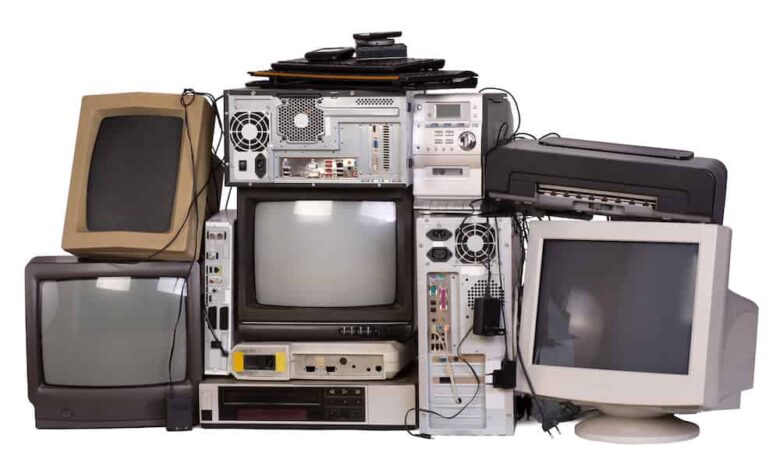
The Dangers of Using Legacy Software
Legacy software is any software that is old and outdated. Many businesses cling to legacy software for convenience – they know how to use it and don’t want to go through the hassle of migrating to new software. However, continuing to use legacy software can often cause more harm than good. Below are just some of the dangers of using legacy software.
Lack of cloud backup
Almost all modern software is cloud-based, meaning data is stored on a cloud server. If the device you installed the software gets damaged or stolen, you can still access the software and all of its features on another device. A lot of legacy software built before 2013 wasn’t cloud-based. If you’re still using this software, you could risk losing everything if the device it’s installed on is lost or destroyed. Cloud-based software also has other advantages, such as accessibility by multiple different users and accessibility on a variety of devices.
Lack of integration with new tech
Legacy software is unlikely to be compatible with many new programs, which could mean that any data has to be manually transferred between them. Many new hardware (microphones, printers, or payment processing machines) could also be incompatible. For this reason, many users of older Microsoft programs have been considering Microsoft 365 for business. By continuing to use legacy software, you could be preventing yourself from being able to use new tools that other competitor businesses are taking advantage of. All in all, you could end up being left behind.
Unfixable bugs and glitches
Legacy software may no longer be receiving support from the vendor. ‘Support’ refers to frequent updates that can help patch bugs. Once software loses support, it can encounter many bugs that end up going unfixed. Eventually, the software could become unusable as certain functions no longer work. By migrating to new software, you can be sure that any bugs will be promptly fixed.
Cybersecurity risks
Software that has lost vendor support can quickly become vulnerable to new cybersecurity threats. Some cyber criminals deliberately target expired software to exploit its users (as has been the case with many older versions of Windows). Newer software that is still supported is likely to receive frequent security updates, reducing the risk of it being targeted by cybercriminals.
Lack of automation
Many newer software uses AI and complex algorithms to automate various tasks. This can speed up work while using this software. Likely, your legacy software won’t have as many automation features, which could mean you’re wasting time carrying out specific tasks manually. An example could include old accounting software in which you still have to manually enter revenue and expenses – instead of automatically linking up with your bank account.



